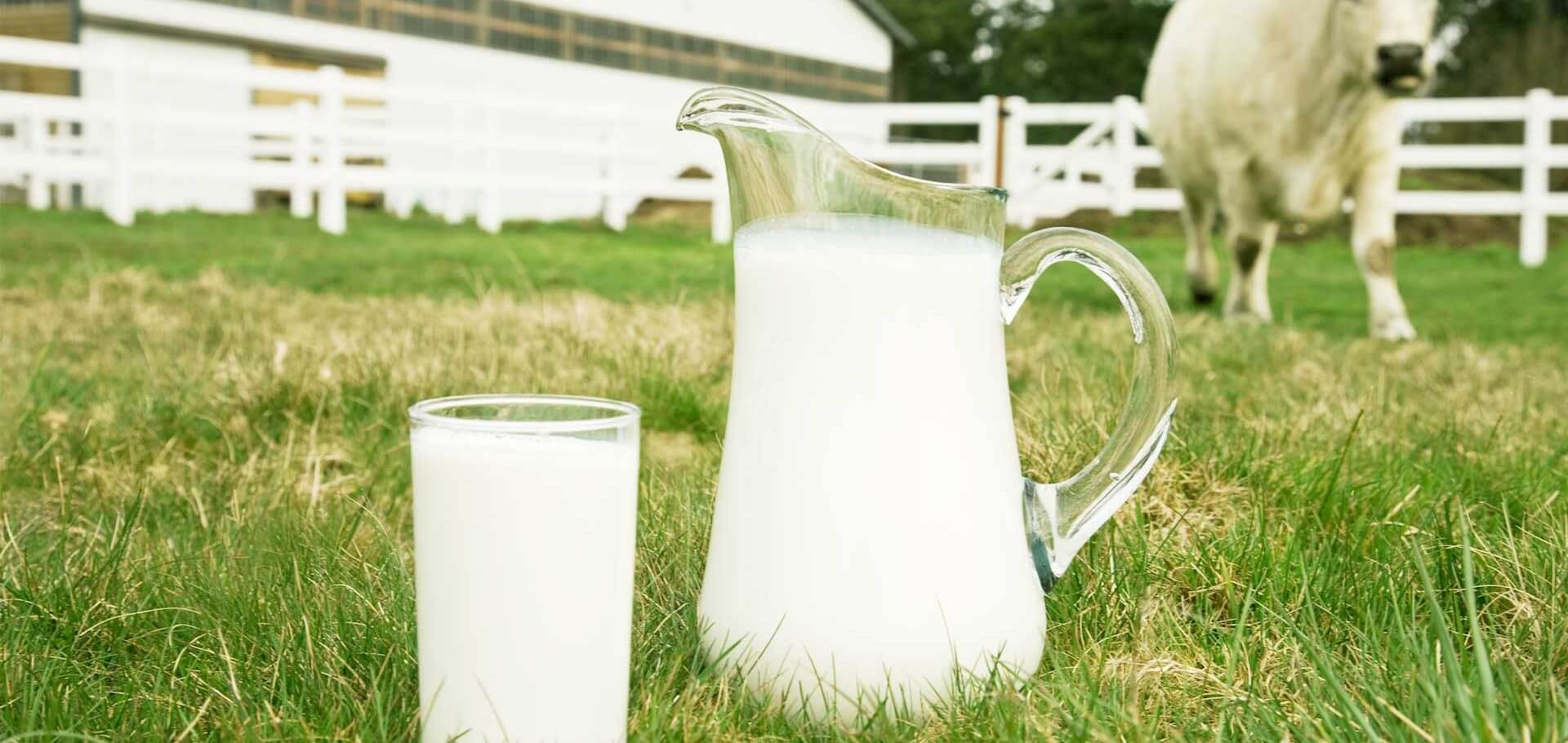Cow’s milk. We pour it over our morning bowl of cereal. We add it to our tea or coffee. It goes into pancakes, waffles and all manner of baked goods, not to mention butter, yoghurt and chocolate. Every year, we humans consume more of it. By 2030, demand is expected to rise by over a third. Unfortunately, the dairy industry, and other forms of livestock farming, contribute to global warming through methane emissions and feed production. The math is simple: the more cows, the greater the burden on the planet.
With good nutrition, a dairy cow can produce over nine thousand liters of milk annually. After cows give birth, as they do once a year on average, milk production increases but appetite decreases. This means dairy cows have trouble getting the nutrients their bodies require to support increased milk production. One of those essential nutrients is the amino acid lysine, which animals use to synthesize proteins and process other amino acids. Cows need lysine to produce milk.
Just like humans, cows can be given food supplements to supply nutrients they lack. But these must be tailored to bovine physiology—in other words, to cows’ bodies. Ordinary lysine powder is fine for animals with just one stomach, such as pigs, chickens, and, yes, humans. But cows have four stomachs. Most of the powder simply decomposes in the first stomach, the rumen, without being absorbed into the body. To ensure it gets where it’s supposed to, the lysine supplement needs a special barrier.
Researchers for the Ajinomoto Group developed a way to mimic the environment of the bovine digestive tract, allowing them to screen supplement prototypes in the lab instead of testing them on actual cows, thus saving time. This breakthrough resulted in the development of AjiPro®-L, which was introduced in 2011. The supplement consists of lysine granules coated with a layer of hydrogenated vegetable oil as a barrier, which enables the lysine to reach the cow’s small intestine and be efficiently absorbed.
Ensuring cows get the nutrients they need benefits consumers, as well, because milk proteins contain all nine amino acids our bodies require. It also benefits farmers by helping cows produce more milk. Perhaps most important of all, it benefits the planet by reducing dairy farming’s environmental footprint and mitigating climate change. Now that’s enough to make cows and people happy.

